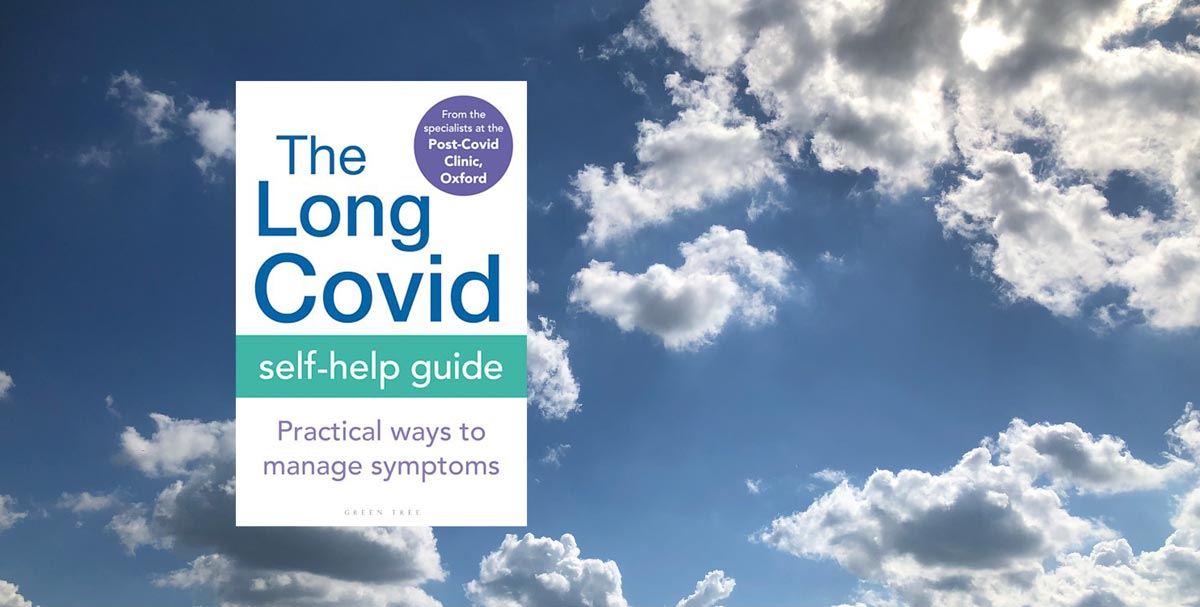
Dr Dennis Ougrin is a Consultant Child and Adolescent Psychiatrist at Kings College London. He is originally from Ukraine and is member of the Ukrainian Medical Association of the United Kingdom – Twitter: @dennisougrin
Dr Yana Maksymets is a General Practitioner and PhD student at Shupyk National Medical Academy of Postgraduate Education, Kyiv, Ukraine
Background
The conflict in Ukraine has displaced millions of people, creating a new refugee crisis. A formal route exists for Ukrainians to reside and access healthcare in the UK, including primary care. In this article we explore the health of refugees from Ukraine before, during and after their migration to the UK, with a particular lens of how UK primary care can seek to meet these needs.
Before transit
Prevalence of thyroid disease and malignancy are high in some parts of Ukraine, a legacy of the Chernobyl nuclear disaster.
Ukraine is a Lower Middle Income Country in Eastern Europe. It is predominantly Slavic in culture (Ukrainian/Russian speaking) with a number of ethnic minority groups. Culturally, a comparatively high proportion of Ukrainians identify with a religion, particularly Christianity. Over the past three decades, community healthcare in Ukraine has expanded to include GP-led primary care services alongside multidisciplinary Semashko polyclinics. The private healthcare sector is robust, with direct access to specialists, diagnostics and treatment for those who can afford it.
Rates of cardiovascular disease and associated risk factors, including diabetes, cholesterol and hypertension are high. Prevalence of thyroid disease and malignancy are high in some parts of Ukraine, a legacy of the Chernobyl nuclear disaster. Lifestyle choices, limited health literacy and frequent use of herbal and alternative remedies complicate chronic disease management.1 Rates of excess alcohol consumption and certain infectious diseases are higher than in the UK, particularly tuberculosis and HIV (particularly if intravenous drug use). These conditions may not be openly disclosed to a doctor. Mental health stigma exists, in part a legacy of management of many mental health conditions within large residential care centres (internats). The prolonged conflict in Eastern Ukraine has left a legacy of post-traumatic stress disorder.2 COVID vaccination rates in Ukraine are currently around 35%.
During conflict and transit
Criminal, physical and sexual exploitation of Ukrainians is already being reported.
The conflict in Ukraine has disrupted supply chains, meaning many individuals have had difficulty accessing essential medications, including thyroxine and insulin. Medical facilities have been damaged, with personnel killed, injured or redeployed. The rapid and potentially unplanned migration stemming from the conflict has put individuals’ health at risk, with specific vulnerabilities according to an individual’s gender, ethnicity and age. The majority of refugees from Ukraine are women and children. Individuals may have undergone long journeys under precarious conditions, with limited access to medication, healthcare, translation, finances and social support. Criminal, physical and sexual exploitation of Ukrainians is already being reported.3
In host country
Universal health coverage does not necessarily ensure equality of care. Health capacity and capabilities in some European transit countries are becoming overstretched. Lessons for the NHS can be learned from other Central and Eastern Europeans experiences of migration to the UK, including the social and environmental factors that have compromised their physical and mental health. Prevalence of mental health conditions and alcohol overuse are concerningly high.4,5 Delayed primary care registration and presentation is common. Unfamiliarity with UK clinician communication approaches including telephone consultations, short consultation durations, shared and self-care has led to disengagement. Refugees from Ukraine are likely to share many of these characteristics. Their engagement with primary care may be complicated by a limited number of Ukrainian healthcare staff/translators and the impact of trauma. Furthermore, Ukrainians are not familiar with waiting lists for specialist review – expectations and needs will need to be sensitively managed.
Response
Providing effective primary care for refugees from Ukraine will require a culturally informed and medically sound approach. Suggestions include:
- Review access to primary care services, including registration, appointment booking and translator access. Printable resources are available in Ukrainian and Russian on how the NHS works.6 Feedback and input from Central/Eastern European and refugee patients could inform this process.
- Implement structured health and social screening within practice registration including immunisation status, infectious (TB, Hepatitis C, HIV (when indicated)), nutritional, metabolic and mental health disorders. Creating a patient records template will ease this process.7
- Assess for ‘red flags’ within consultations, including psychological trauma and exploitation (modern slavery, sexual trafficking, child exploitation). E-learning resources are available to support post-war mental health care for Ukrainian adults and children.8,9
- Considering strategies to meet complex health and social needs. This may include liaising with local and national support organisations for Ukrainians and refugees (see below).
Resources: Local and national organisations supporting Ukrainians in the UK
Medical
- The Ukrainian medical association of the UK https://www.facebook.com/groups/umauk/
Social, cultural and religious
- The Association of Ukrainians in Great Britain – https://www.augb.co.uk
- Ukrainian and Russian speaking churches (various)
- Ukrainian Institute London https://ukrainianinstitute.org.uk/
- British Ukrainian Aid https://british-ukrainianaid.org/
- PLAST – Ukrainian Scouts in the UK http://www.plast.org.uk/eng/default.aspx
- Ukraine Charity https://www.ukrainecharity.org/
- Medical Aid Ukraine https://www.facebook.com/groups/758994511751010
Advocacy, counselling and domestic violence
- Europia (Manchester) https://europia.org.uk/
- Eastern European Resource Centre (London) http://www.eeac.org.uk/#
- Feniks (Edinburgh) https://www.feniks.org.uk/
References
- Kolesnyk P. WONCA Europe Talk with Dr. Pavlo Kolesnyk on Ukraine. 2022. Presentation presented at; https://www.woncaeurope.org/m/events/view/we-talk-with-prof-pavlo-kolesnyk-on-ukraine.
- Ramachandran A, Makhashvili N, Javakhishvili J, Karachevskyy A, Kharchenko N, Shpiker M, Ezard N, Fuhr DC, Roberts B. Alcohol use among conflict-affected persons in Ukraine: risk factors, coping and access to mental health services. European journal of public health. 2019 Dec 1;29(6):1141-6.
- United Nations Office on Drugs and Crime [UNODC]. CONFLICT IN UKRAINE: KEY EVIDENCE ON RISKS OF TRAFFICKING IN PERSONS AND SMUGGLING OF MIGRANTS. 2022. Available: https://www.unodc.org/documents/data-and-analysis/tip/Conflict_Ukraine_TIP_2022.pdf [Accessed 30 March 2022].
- Gorman D, King R, Czarnecka M, Wojcik W, Mackie P. A Review of Suicides of Polish People Living in Scotland. ScotrPHN Report. 2018 Oct.
- Chojnacki, S. Psychological Wellbeing of Polish Migrants: What is the Role of the NHS? (Doctoral dissertation, University of East London). 2020.
- Doctors of the World. Translated Health Information. 2022. Available: https://www.doctorsoftheworld.org.uk/translated-health-information/
- GOV.UK. Ukraine: migrant health guide. 2022. Available: https://www.gov.uk/guidance/ukraine-migrant-health-guide [Accessed 30 March 2022].
- Royal College of Psychiatrists. College response to the conflict in Ukraine. 2002. Available: www.rcpsych.ac.uk/international/humanitarian-resources/ukraine-crisis-resources
- Children and War Foundation. Projects and Valuable Resources. 2022. Available: https://www.childrenandwar.org/projectsresources
Featured image by Max Kukurudziak on Unsplash








